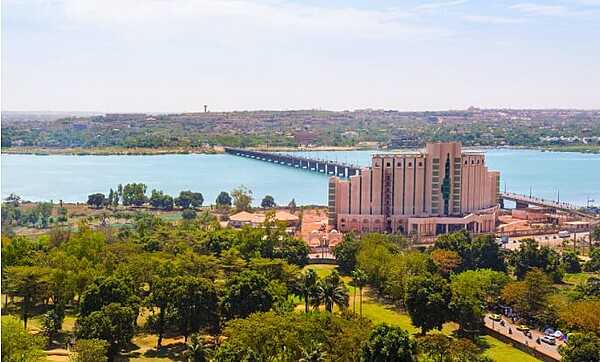Niger has failed to pay several bond payments due to the sanctions imposed amid its military coup in July, which could risk the stability of West African banks, as per the Bloomberg report.
Due to Niger’s forced nonpayment of a $38.7 million commercial bond, $485 million in principal and interest payments have been missed since the putsch, according to a note from Moody’s Investor Service, which cited a statement released by the regional market regulator UMOA-Titres on January 16.
“The missed payments pose significant tail risks for regional banks’ asset quality, profitability and capital,” Moody’s wrote. “If the payment arrears, which began 31 July, persist for more than six months, regional banks would likely have to classify their exposure to Nigerien government securities as nonperforming.”
West African economic bloc halted all trade and financial exchanges between its members and Niger a few days after the coup on July 26, thereby barring transfers to creditors outside of the nation. Similar circumstances emerged in neighboring Mali in 2022 as a result of sanctions imposed on it following a coup, which caused it to fall behind on debt payments.
Moreover, based on estimates from Moody’s, banks in Niger held $543 million worth of sovereign debt from Nigerien companies by November, or roughly 14 per cent of their total assets.
It stated that Ecobank Transnational Inc., Oragroup SA, Attijariwafa Bank, Groupe Banque Centrale Populaire, and Bank of Africa are among the banks it rates with operations in Niger.
Although there is a chance that holdings in Nigeria will need to be labelled as non-performing, Moody’s saw that outcome avoided.
“We would expect regulatory forbearance to preclude the need for regional banks to book elevated provisioning against those exposures,” it said. “Still, there is a tail risk that they would have to book provisioning charges, which would materially weigh on their asset quality, profitability and capitalization.”










